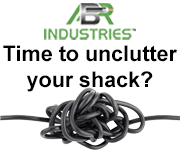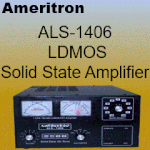The Inevitable Death of Ham Radio
Discussion in 'Amateur Radio News' started by AA7BQ, Nov 25, 2004.
- Thread Status:
- Not open for further replies.
Page 1 of 15
Page 1 of 15
- Thread Status:
- Not open for further replies.










